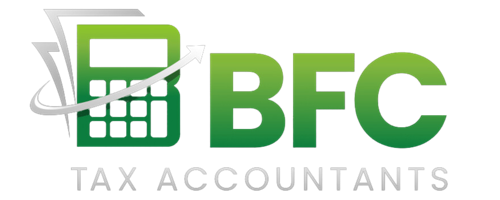Even though tax season is over, it’s never too early to start preparing for the next one. Filing your taxes can be a complex and confusing process, especially if you are not familiar with the tax rules and regulations that apply to your situation. If you make a mistake on your tax return, you could end up paying more taxes than you should, missing out on benefits and credits that you are entitled to, or even facing penalties, interest, or audits from the Canada Revenue Agency (CRA).
To help you avoid these common tax pitfalls, here are the top 10 tax mistakes that you should avoid in 2023, and some tips on how to prevent them.
1. Not reporting all your income
One of the most serious tax mistakes that you can make is not reporting all your income from all sources. This includes income from employment, self-employment, investments, pensions, tips, rental properties, and any other income that you received in 2022. Not reporting your income from T-slips is never a good idea, as the CRA receives copies of these slips and can easily cross-check them with your tax return. If you have unreported income, you could face significant penalties and interest, or even prosecution for tax evasion.
To avoid this mistake, make sure you keep track of all your income sources and report them accurately on your tax return. You can use the CRA’s Auto-fill my return service or Revenu Québec’s Téléchargement des données fiscales service to download your information slips and other tax-related information directly into your tax software. This can save you time and reduce errors. However, you should still review the information and make sure it matches your records.
2. Claiming ineligible or excessive deductions or credits
Another common tax mistake is claiming deductions or credits that you are not eligible for, or claiming more than you are entitled to. Deductions and credits are amounts that you can subtract from your taxable income or tax payable, respectively, to reduce your tax bill. However, not everyone qualifies for every deduction or credit, and there are often limits or conditions that apply. For example, you may be able to claim medical expenses, charitable donations, tuition fees, childcare expenses, home office expenses, and more. However, each of these deductions or credits has specific rules and requirements that you must meet in order to claim them.
To avoid this mistake, make sure you understand the eligibility criteria and the calculation methods for each deduction or credit that you claim. You should also keep receipts and other supporting documents to prove your claims in case the CRA asks for them. You can find more information about the deductions and credits that are available to Ontario residents on the CRA website or the Revenu Québec website.
3. Missing deadlines or filing late
A third common tax mistake is missing deadlines or filing late. The deadline for filing your personal income tax return for 2022 is April 30, 2023. If you have self-employment income, the deadline is June 15, 2023. However, if you owe any taxes, you still have to pay them by April 30, 2023. If you miss these deadlines or file late, you could face late-filing penalties and interest charges on your unpaid taxes. The late-filing penalty is 5% of your balance owing, plus 1% for each full month that your return is late, up to a maximum of 12 months. The interest rate is compounded daily and varies every three months.
To avoid this mistake, make sure you file your tax return on time and pay any taxes owing by the due date. You can file your return electronically using certified tax software or a web application. This can speed up the process and reduce errors. You can also pay your taxes online using various methods such as online banking, pre-authorized debit, credit card, PayPal, Interac e-Transfer, or My Payment. If you expect to owe taxes and cannot pay them in full by the due date, you should still file your return on time and contact the CRA as soon as possible to make a payment arrangement.
4. Not keeping records or receipts
A fourth common tax mistake is not keeping records or receipts of your income and expenses. Records and receipts are essential to support your claims on your tax return and to verify your income and deductions if the CRA audits or reviews your file. If you do not have records or receipts to back up your claims.
If you need help with avoiding these tax mistakes or any other tax-related issues, you can contact BFC Tax Accountants, a professional and reliable accounting firm servicing Innisfil, Barrie and the entire Simcoe County. BFC Tax Accountants have over 20 years of experience in providing accounting and tax services to individuals and businesses. They can help you file your taxes accurately, maximize your deductions and credits, plan your taxes throughout the year, and deal with any tax issues that may arise. Avoid tax mistakes and leave the job to professionals!

